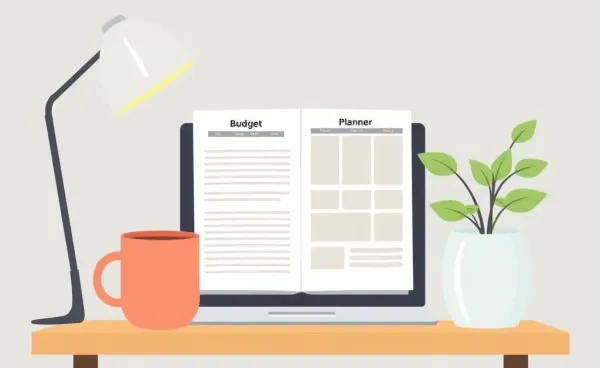Understanding Ground Ambulance Bills: Tips to Avoid Unexpected Costs
Discover how to avoid surprise ground ambulance bills and manage your health expenses effectively.
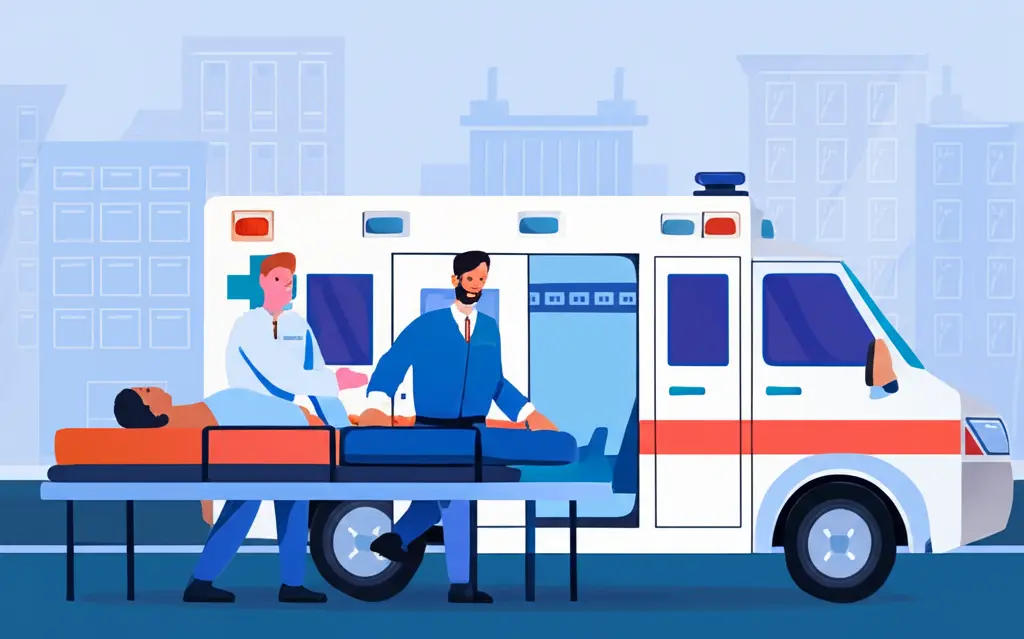
Let's face it, getting a surprise bill from a ground ambulance ride is probably the last thing you need when navigating through a health crisis. If you've ever felt that sharp intake of breath upon opening an unexpected medical bill, you're not alone. Many people find themselves in this exact scenario, often caught unaware due to the complexities surrounding ground ambulance costs.
Why Are Ambulance Bills So High?
Ground ambulance services are a bit like that fancy restaurant you unwittingly wander into—no prices on the menu and the shock of a giant bill at the end. The truth is, several factors contribute to these high costs. Ambulances are not just transportation; they are moving emergency rooms. The cost covers not just the vehicle but also the trained personnel and myriad medical supplies.
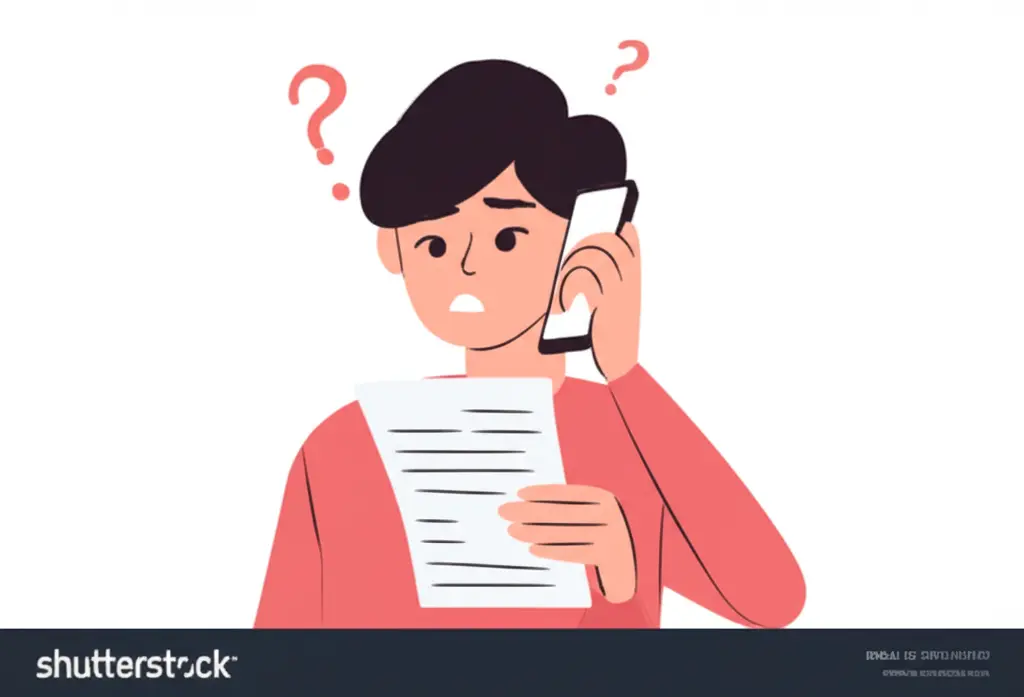
The Anatomy of an Ambulance Bill
Understanding what you're paying for is the first step in avoiding unexpected healthcare expenses. Here are some common charges that might show up:
- Base Rate: This is the starting fare for using the ambulance.
- Mileage: You're charged for each mile traveled, which can add up quickly.
- Emergency Services: Additional charges are tacked on for providing immediate and critical care in the ambulance.
Tips to Avoid Surprise Ambulance Bills
1. Check Your Coverage Ahead of Time: Before an emergency hits, review your insurance policy to understand what ambulance services are covered.
2. Consult Your Provider: Know if your local ambulance services are in-network. This can greatly reduce costs.
3. Plan Ahead: Discuss with your family or emergency contacts about which transportation methods should be considered first, when possible.
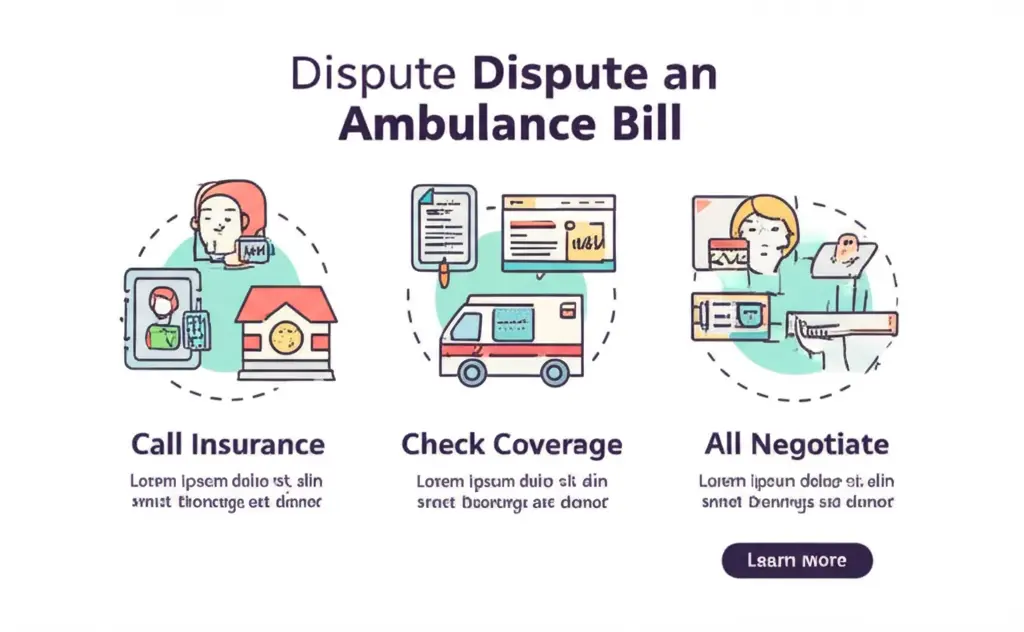
What to Do If You Get a Surprise Bill
If you do find a surprise bill in your mailbox, don't panic just yet:
- Call Your Insurance Provider: There might have been a billing error.
- Check for Coverage Errors: Ensure that services were billed correctly as in-network, if applicable.
- Negotiate: It sounds daunting, but you can negotiate your bills. Call the ambulance service provider and explain your situation—they might be willing to set up a payment plan or reduce costs.
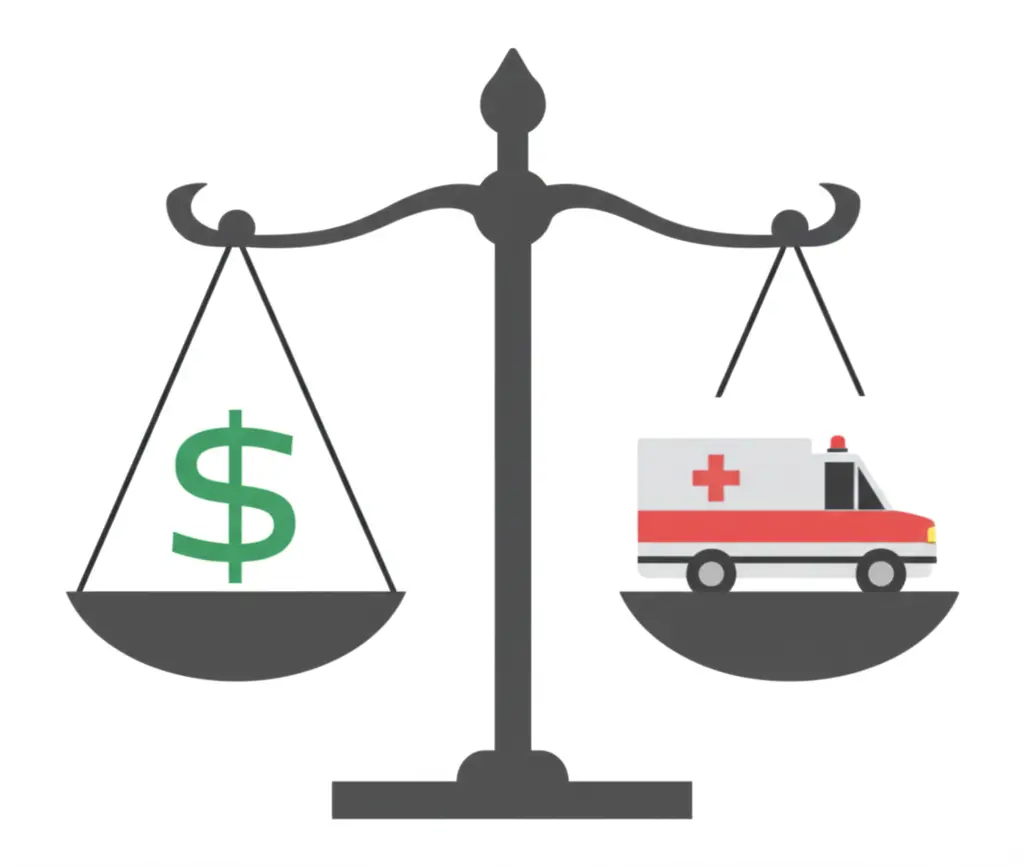
Managing Healthcare Costs with Confidence
Surprise bills can be a huge burden, but understanding your insurance and being proactive can mitigate these issues. Whether it's learning more about your coverage or keeping communication open with relevant service providers, taking the next step can help you manage your health expenses better. After all, a bit of knowledge can go a long way in saving a lot.
Have you ever dealt with a surprise bill? Share your story in the comments, and let’s learn from each other!




